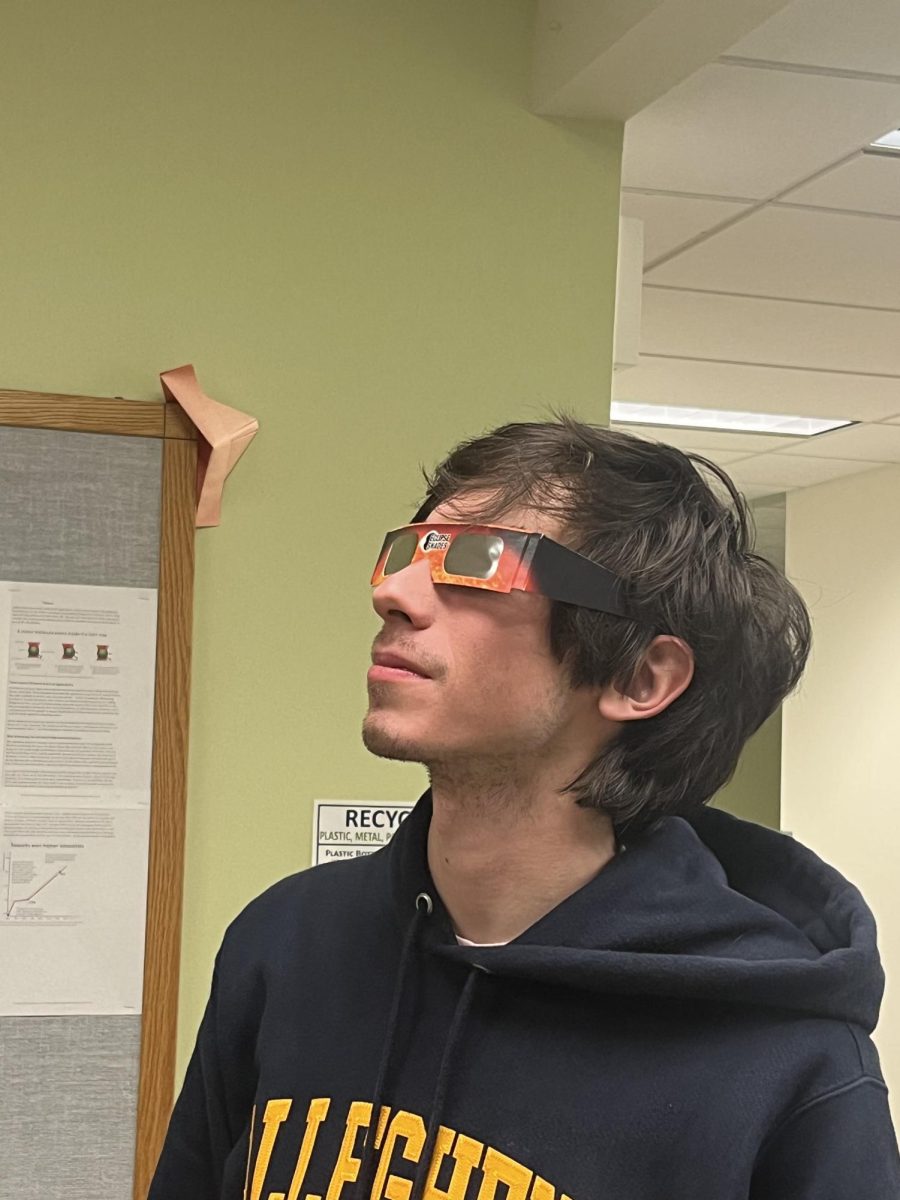This week, the New York Times published an obituary of Yvonne Brill that began like this:
“She made a mean beef stroganoff, followed her husband from job to job and took eight years off from work to raise three children. ‘The world’s best mom,’ her son Matthew said.
But Yvonne Brill, who died on Wednesday at 88 in Princeton, N.J., was also a brilliant rocket scientist, who in the early 1970s invented a propulsion system to help keep communications satellites from slipping out of their orbits.”
If you’re confused as to which of these two paragraphs contains Brill’s foremost professional accomplishment — the accomplishment that warranted an obituary in the largest metropolitan newspaper in America — I understand.
I understand your confusion mostly because, though it seems that few things could have been more important to Brill’s life and legacy than her invention of a system that keeps us globally connected, the Times still chose to open with a cheeky nod to her excellence at all things domestic and familial.
Before I begin to explore all of the reasons for which this was the wrong choice (and there are many), I can already feel the defenders of the soft opening line, the buried lede, the heartwarming narrative, staring me down. Take it easy, they say.
They are not alone. Cries of hypersensitivity and overreaction quickly arose in the media (and public comments sections) to counter more widespread charges of sexism, stereotyping, and the general journalistic crime of mentioning Stroganoff before science.
So let’s think, for a moment, about the unique function of an obituary in The New York Times.
This is not the folksy, local obituary that weaves through description of things like the pickup soccer a person liked to play on weekends, the vegetables she preferred for her garden, the shops she frequented in the afternoons.
This is a globally distributed tribute meant to document the loss of a person who has accomplished something great. It is meant to highlight the highest levels of achievement.
For this reason, it’s difficult to imagine a high-profile obituary opening with a cutesy one-liner, least of all with a passing nod to a Russian noodle dish.
Brill’s obituary takes the cake for absurdity with its reference to a meal that hearkens back to the days of green bean casserole and meatloaf: the savvy housewife’s simple weekday dinner (combine it with the kitschy descriptor ‘mean’ and I can almost see the yellow-tinted Betty Crocker cookbook splayed open on a counter somewhere in 1964).
It can therefore be safer to write a straightforward lede for an obituary, as The Times has done for recently deceased male scientists:
“Francis Ruddle, a Yale University geneticist who plumbed the DNA of mice and men, and from whose laboratory sprang the first transgenic mammal — a mouse with added foreign DNA — died on March 10 in New Haven. He was 83.”
“Carl Woese, a biophysicist and evolutionary microbiologist whose discovery 35 years ago of a “third domain” of life in the vast realm of micro-organisms altered scientific understanding of evolution, died on Sunday at his home in Urbana, Ill. He was 84.”
But is it so wrong to skip the straight lede and attempt to humanize an interesting scientist like Brill?
Not if it’s done well. It’s just that effective humanizing generally adds layers of complexity to a profile, and the author of Brill’s piece does not.
Brill’s obituary instead goes straight to the trope of this era’s female-scientist-story, which presents the gifted woman Ph.D. as novelty (stories achieve bonus trope if they focus on the plight of balancing the assumed duties of womanhood — child-rearing, family planning, etcetera — with work life).
The real problem with this lede is that, structurally, it establishes a false dichotomy that extends throughout the piece. Something like, “She was the stereotypical good wife and mother. But get this: she was a brilliant scientist, too!”
This gripe of the female-scientist trope in news and feature writing led freelancer Christie Aschwanden this year to create what he calls the Finkbeiner test, in honor of his colleague Amy Finkbeiner and her refusal to write a gender-centric profile of a female astronomer.
To pass the Finkbeiner test, a story of a female scientist must not mention:
-
The fact that she’s a woman
-
Her husband’s job
-
Her child-care arrangements
-
How she nurtures her underlings
-
How she was taken aback by the competitiveness in her field
-
How she’s such a role model for other women
-
How she’s the “first woman to…”
The Finkbeiner test is an intriguing concept, and a very important one to think about in the future. Clearly, Brill’s obituary is not the first or only profile to face the question of what role, if any, gender should play in the context of the piece — though it does, in no uncertain terms, highlight the potential dilemma of overemphasizing gender.
In the meantime, it may take some convincing of those who don’t understand the relevance of issues of gender in science reporting.
The Times’ Public Editor Margaret Sullivan wrote in her response to the controversy about a conversation that she’d had with William McDonald, the obituaries editor:
“‘I’m surprised,’ [McDonald] said. ‘It never occurred to us that this would be read as sexist.’ He said it was important for obituaries to put people in the context of their time and that this well-written obituary did that effectively.”
It is true, as McDonald pointed out, that Brill lived in a different time — one where it truly mattered that she was a woman in the field. It’s also likely true that Brill valued her family life very much, and that her children suggested during interview that they wanted her to be remembered partially as a wife and mother.
And there are certain signs within the obituary that Brill perhaps favored a more passive, easy-going approach to achieving so much in a male-dominated field.
“You just have to be cheerful about it and not get upset when you get insulted,” Brill said of her mindset.
But by uncritically engaging with the sexist context of Brill’s era — by doing something as overt as setting the tone of the piece with a set of clear stereotypes — pieces like this risk unwittingly perpetuating those tones far into the future.
In her response, Sullivan writes that her colleague McDonald “also observed that the references in the first paragraph to cooking and being a mother served as an effective setup for the ‘aha’ moment of the second paragraph, which revealed that Mrs. Brill was an important scientist.”
Except that there shouldn’t have been any ‘aha’ moment. Brill expanded the frontiers of space; should we really be so surprised that she can cook?





